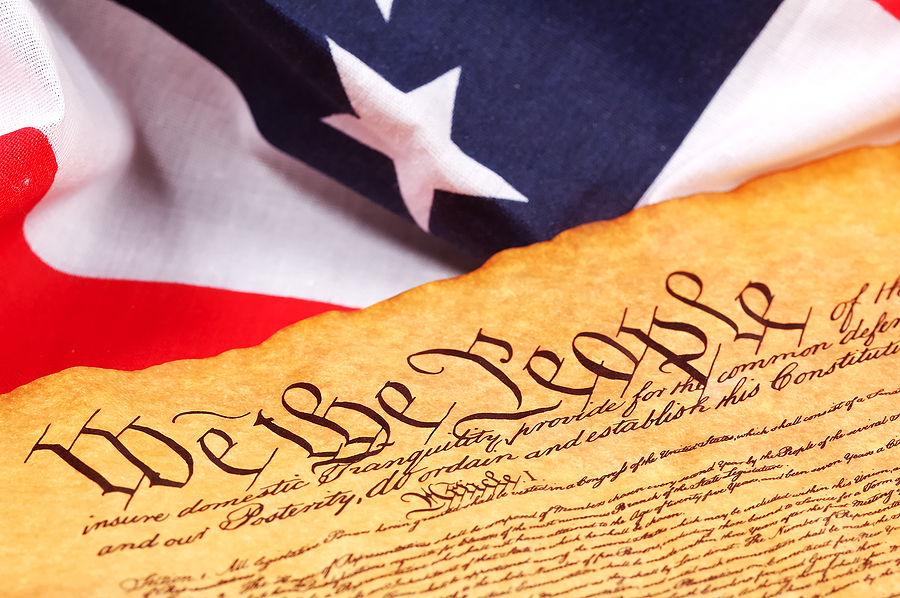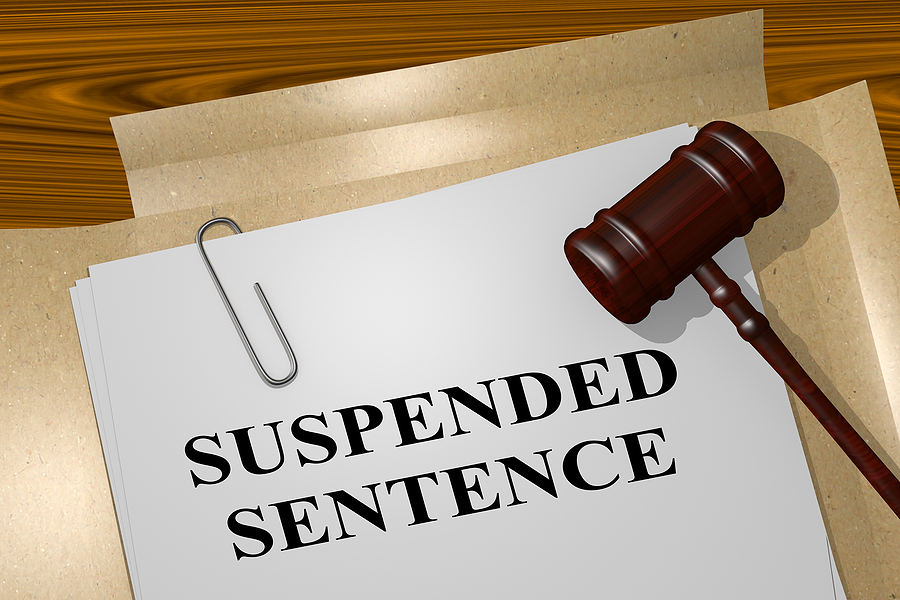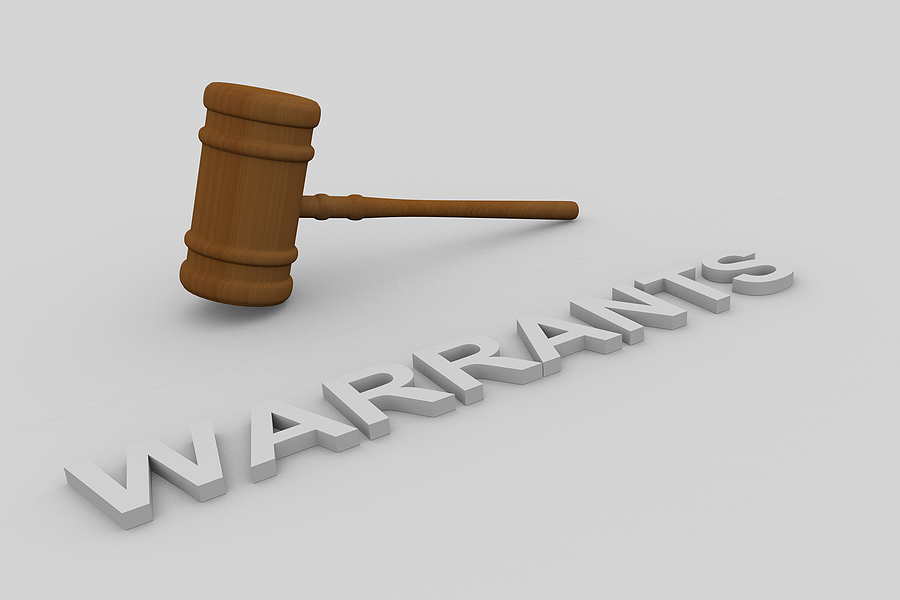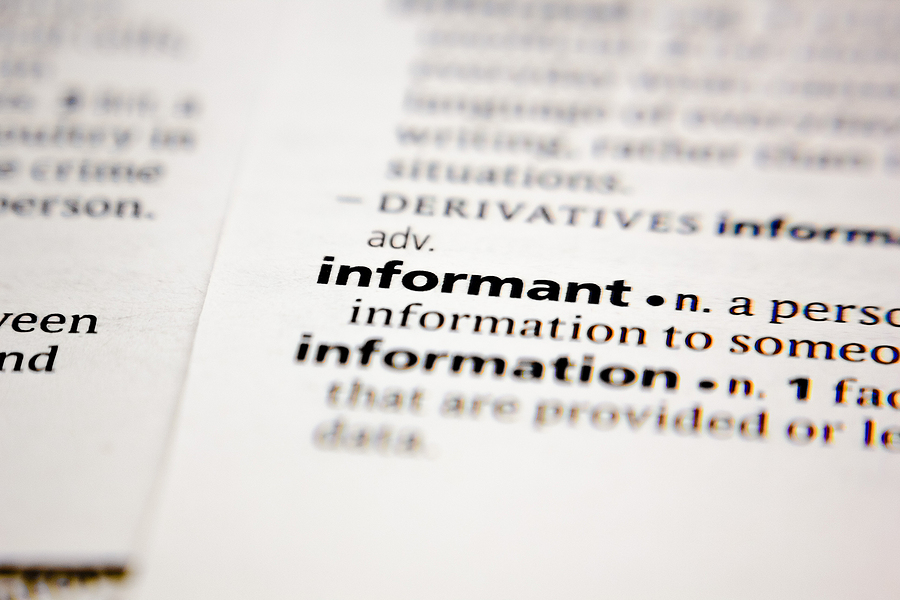TL;DR: An arrest on or near the Indiana University Bloomington campus triggers two separate legal battles: criminal charges in Monroe County and disciplinary action from the university. Immediate intervention by a defense attorney is critical to protecting your criminal record and your enrollment status.
Key Takeaways:
- Two Systems: You face penalties from both the State of Indiana and IU’s Office of Student Conduct.
- Time Sensitive: You have strict deadlines (10–20 days) to retain counsel after your initial hearing.
- Diversion Options: First-time offenders in Monroe County may qualify for Pretrial Diversion (PDP) to avoid a conviction.
- University Sanctions: IU can suspend or expel students for off-campus misconduct, independent of the criminal court outcome.
Table of Contents:
- Why Professional Representation Matters
- Navigating the Monroe County Legal System
- Protecting Your Student Status at IU
- Common Campus Offenses and Defenses
- Frequently Asked Questions
- Quick Recap
- Monroe County Legal Help

Why Professional Representation Matters
Retaining counsel ensures you have an advocate who understands the specific interplay between Monroe County criminal law and university policy. A criminal record can bar you from graduate programs, professional licensing, and employment, while university sanctions can derail your degree progress.
Many students mistakenly believe that a minor alcohol or drug charge is a “rite of passage” that will disappear on its own. However, Indiana law treats these as criminal misdemeanors, not mere infractions. A conviction for Public Intoxication (Class B misdemeanor) or Possession of Paraphernalia (Class C misdemeanor) remains on your permanent record unless successfully expunged years later.
Furthermore, the “student strategy” often differs from a standard criminal defense strategy. A local attorney will look for outcomes that satisfy the court—such as the Pretrial Diversion Program—while simultaneously positioning you for the best possible outcome in your IU disciplinary hearing.
Navigating the Monroe County Legal System
The criminal process in Bloomington typically begins with an arrest or a summons to appear, followed by an initial hearing at the Charlotte T. Zietlow Justice Center.
The Initial Hearing
At your initial hearing, the judicial officer will inform you of the charges and your rights under IC 35-33-7-5. Crucially, you will be advised of your right to retain counsel. Indiana law sets a clock on this decision: if you intend to hire a private attorney, you generally must do so within 10 days for misdemeanors or 20 days for felonies. Missing these deadlines can waive certain legal defenses.
Pretrial Diversion Program (PDP)
For students with little to no prior criminal history, the Monroe County Prosecutor’s Office may offer a Pretrial Diversion Program (PDP). This is a voluntary alternative to traditional prosecution. Generally, if you complete requirements such as community service, alcohol education (like the PRIME for Life class), and pay necessary fees, your charges may be dismissed. This is often the “gold standard” result for students, as it avoids a conviction entirely.
Protecting Your Student Status at IU
Your status as a student is governed by the Code of Student Rights, Responsibilities, & Conduct (STU-00), which operates independently of the criminal courts.
The Disciplinary Process
When the IU Police Department (IUPD) or Bloomington Police Department makes an arrest, they routinely notify the university. This triggers a conduct process that is educational in nature but punitive in outcome. The university uses a “preponderance of the evidence” standard (more likely than not), which is a lower burden of proof than the criminal court’s “beyond a reasonable doubt.”
You have the right to an advisor during these proceedings, though their role is limited compared to a criminal trial. They can advise you but generally cannot speak on your behalf during the hearing.
Potential Sanctions
If found responsible for “Personal Misconduct”—which includes off-campus behavior that undermines university security or the educational process—sanctions can range from:
- Warning or Probation: A formal notice that further violations will result in suspension.
- Suspension: Removal from the university for a specific period.
- Expulsion: Permanent separation from the university.
Crucially, IC 35-38-9 (expungement) usually applies to state criminal records, not internal university disciplinary files. This makes winning the campus hearing vital for your academic transcript.
Common Campus Offenses and Defenses
The most frequent charges for IU students involve alcohol and controlled substances, each carrying specific statutory penalties.
Public Intoxication (IC 7.1-5-1-3)
It is a Class B Misdemeanor to be in a public place in a state of intoxication if you are endangering your life or the life of another, breaching the peace, or harassing others.
- Defense Strategy: Mere intoxication is often not enough for a conviction. The state must prove the “behavioral” element (endangerment, breach of peace).
Minor in Possession/Consumption (IC 7.1-5-7-7)
It is a Class C Misdemeanor for a minor to knowingly possess, consume, or transport alcohol.
- Defense Strategy: Constructive possession is a common point of contention. Being near alcohol does not automatically mean you “possessed” it legally.
Possession of Marijuana (IC 35-48-4-11)
Possession of marijuana is generally a Class B Misdemeanor for first-time offenders.
- Defense Strategy: Issues often arise regarding “search and seizure.” If the police stopped or searched you without probable cause, the evidence (drugs) may be suppressed.
Possession of Paraphernalia (IC 35-48-4-8.3)
Possessing an instrument intended for introducing a controlled substance into the body is a Class C Misdemeanor.
- Defense Strategy: Intent is key. The prosecution must prove the object was intended for illegal drug use, rather than tobacco or other legal substances.
Frequently Asked Questions
Will my parents find out about my arrest?
Likely yes. While FERPA generally protects student privacy, there is a specific exception (34 CFR 99.31(a)(15)) allowing universities to notify parents of students under 21 regarding violations of laws or policies governing the use or possession of alcohol or a controlled substance.
Can I get this off my record?
Indiana has a “Second Chance” law regarding expungement (IC 35-38-9).
- If you are convicted of a misdemeanor: You generally must wait 5 years from the date of conviction to petition for expungement.
- If charges are dismissed (e.g., via PDP) or you are acquitted: You can usually petition to expunge the arrest records 1 year after the arrest date.
Do I have to pay bail?
For many minor offenses in Monroe County, you may be released on your own recognizance (OR) or according to a standard bond schedule. This means you sign a promise to appear in court rather than paying cash upfront. However, failing to appear will result in a warrant for your arrest.
Quick Recap:
- Act Fast: You have 10–20 days after your initial hearing to retain counsel to avoid waiving rights.
- Dual Tracks: Prepare for both the criminal court process and the IU disciplinary hearing; they are separate battles.
- Diversion is Key: The Pretrial Diversion Program (PDP) is a primary goal for many first-time student offenders to avoid conviction.
- Expungement Rules: Arrests can be expunged after 1 year; misdemeanor convictions require a 5-year wait.
- Protect Your Future: A criminal record can impact financial aid, housing, and future employment.
Conclusion
Facing an arrest on campus can feel overwhelming, but a single mistake does not have to define your future. By understanding the specific laws in Monroe County and the disciplinary procedures at IU, you can make informed decisions that protect your education and your freedom.
Don’t let a mistake on campus derail your future. The time to act is now. Schedule a free case review with our experienced Bloomington criminal defense team today. We’re here to help you navigate this challenging time and fight for the best possible outcome in Monroe County, Indiana.
Related Post: What Happens When an Indiana College Student Commits a Crime?









